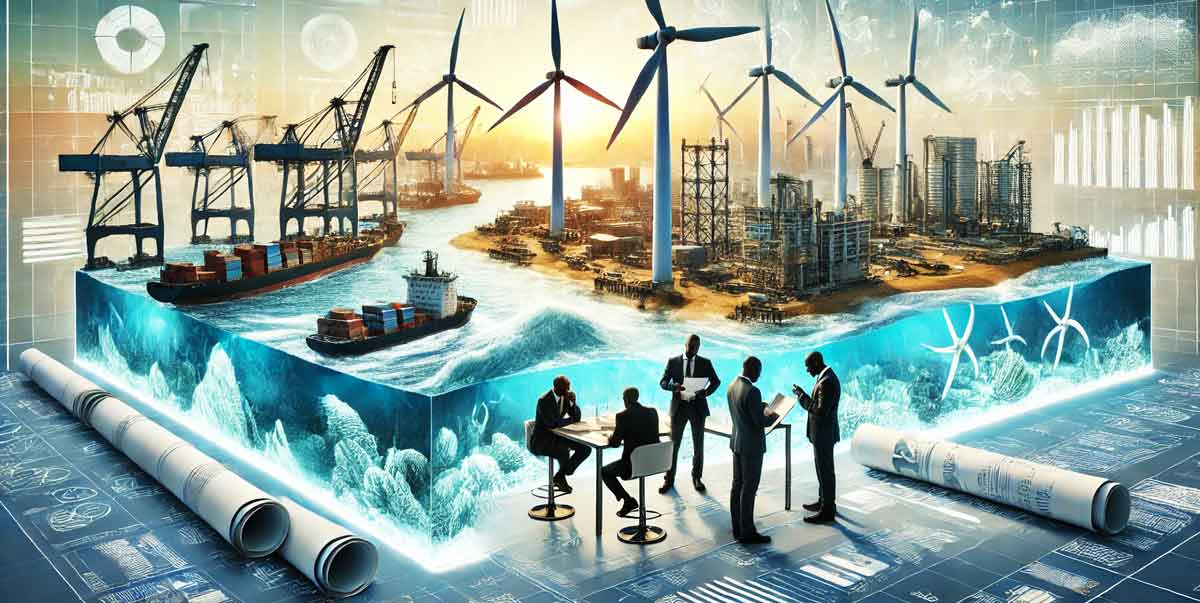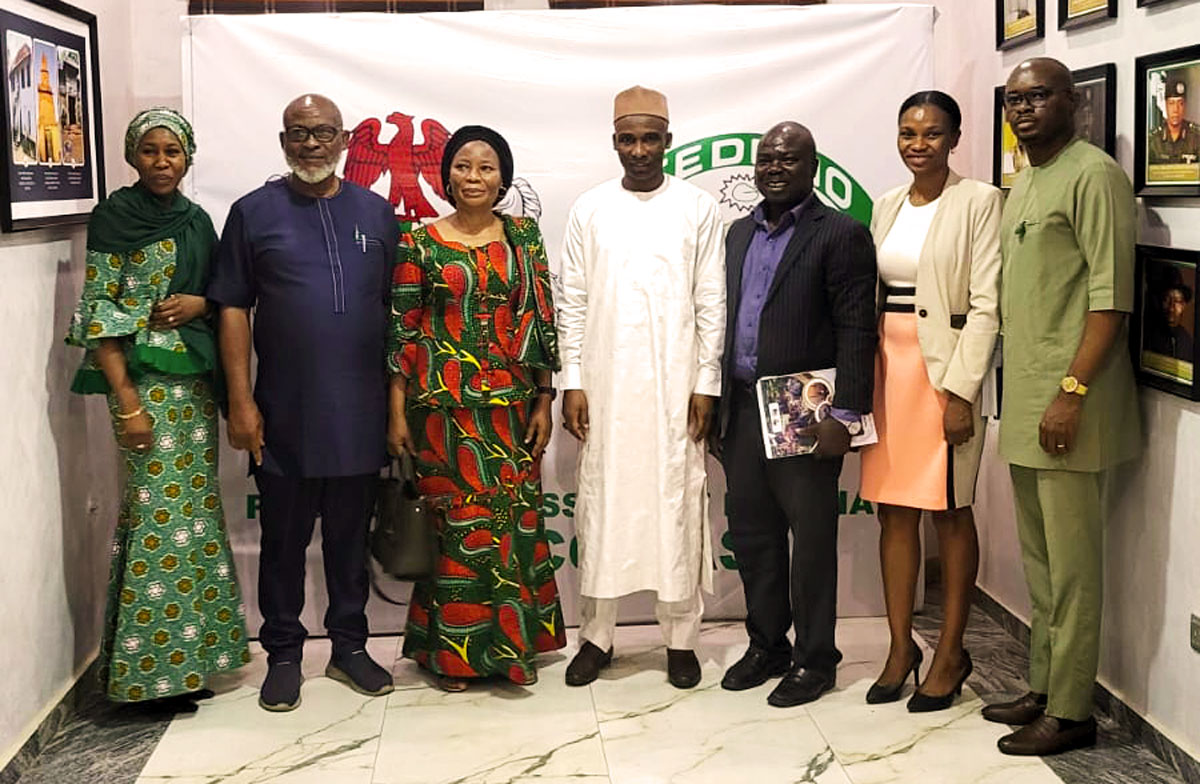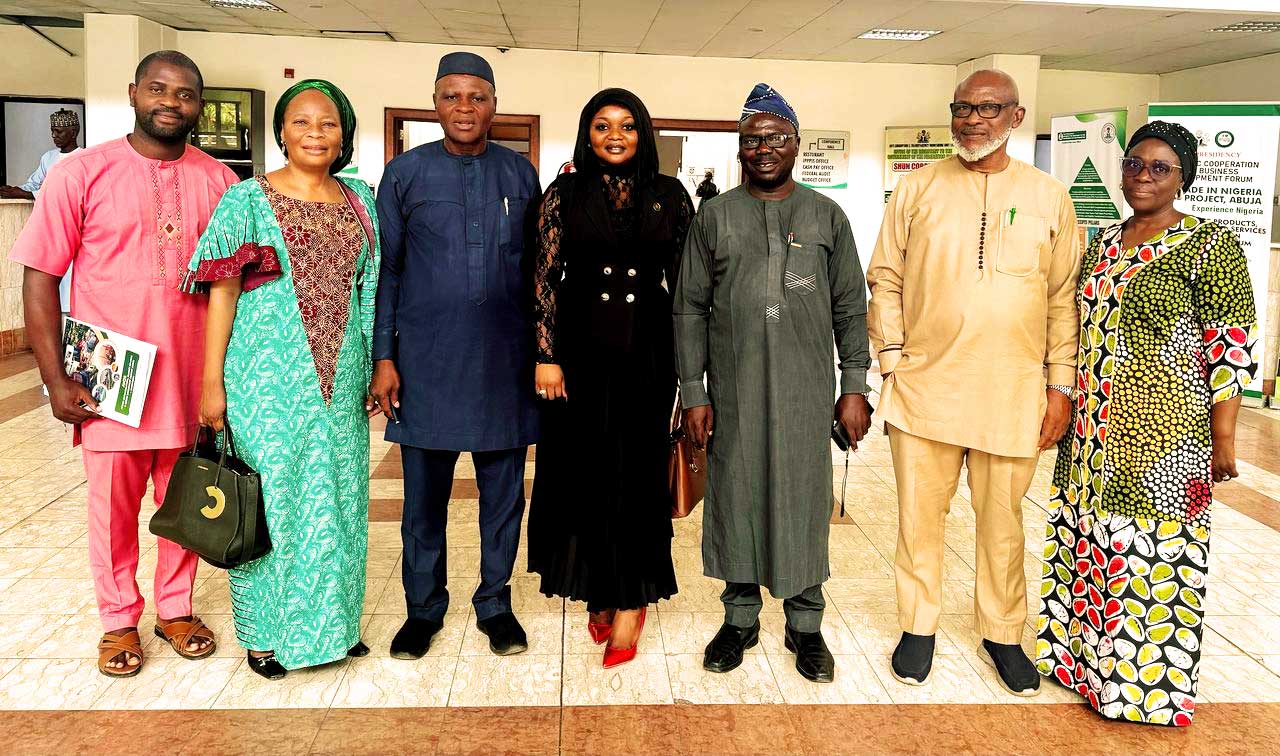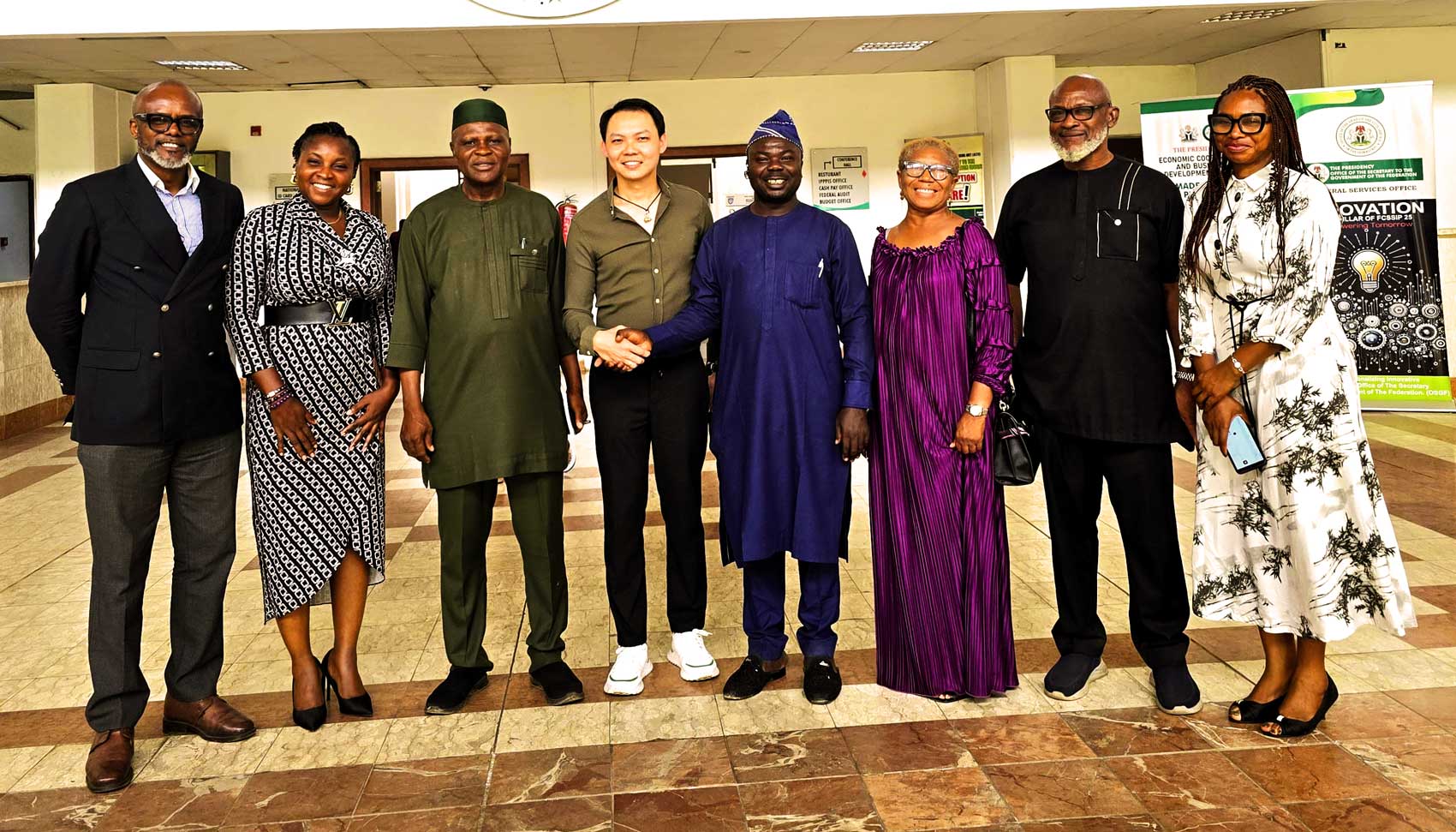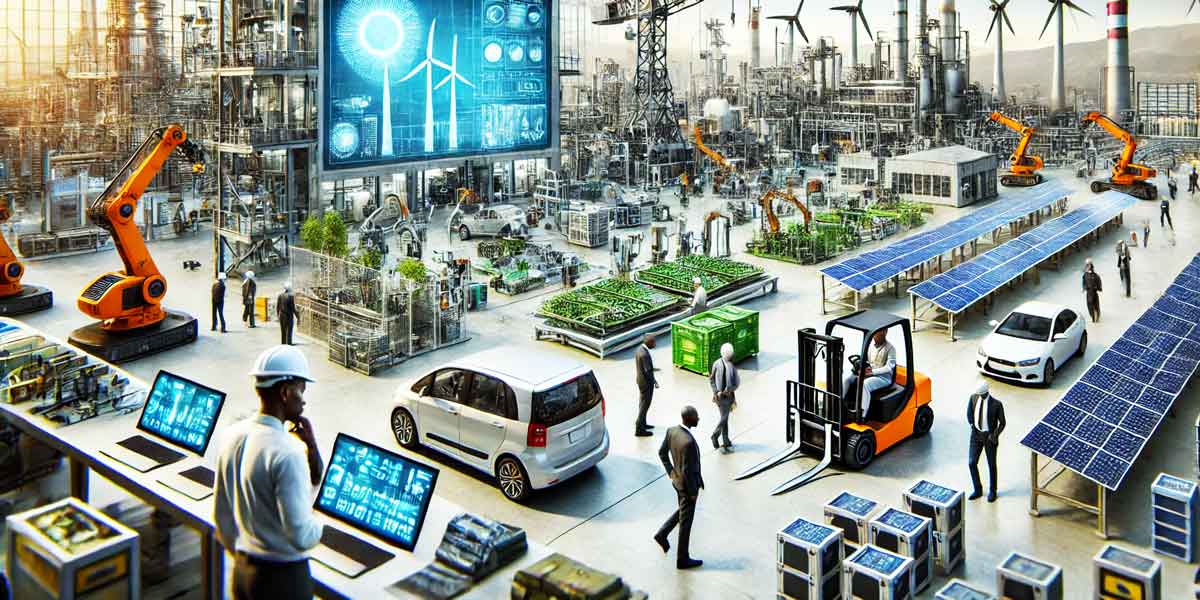Picture a coastline stretching as far as the eye can see, where the thunderous crash of waves isn’t just a scenic backdrop but a powerful resource fueling entire communities. Across Africa’s shores, the ocean’s untapped energy is an immense asset—one that could redefine how nations approach climate action, economic growth, and environmental stewardship. This is the promise of marine renewable energy, a sector poised to transform Africa’s blue economy. At AICIS 2025, part of the Africa Multilateral Infrastructure, Climate Change, and Green Investment Summit, leaders, investors, and innovators will converge to explore how wave, tidal, and offshore wind technologies can reshape the continent’s coastal future while driving sustainable development inland.
Marine Renewable Energy: The Next Frontier
Africa’s coastal waters teem with potential energy sources—from the relentless force of ocean waves to the predictable ebb and flow of tides. Harnessing these resources through marine renewable energy could provide a dependable, zero-carbon electricity supply to millions of Africans, especially in coastal regions where grid expansion is challenging.
Yet, despite its promise, marine renewable energy remains in its infancy across much of the continent. Infrastructure limitations, limited financing, and fragmented regulatory environments have slowed progress. AICIS 2025 seeks to address these challenges by bringing together diverse stakeholders to create a roadmap for unlocking the next frontier of clean power in Africa’s waters.
Opportunities for a Thriving Blue Economy
Embracing marine renewable energy isn’t merely an environmental imperative—it’s also an economic opportunity. A well-managed blue economy can support:
- Job Creation: From manufacturing turbine components to installing wave energy converters, marine renewables can spawn a range of skilled and semi-skilled jobs.
- Community Empowerment: Coastal communities can benefit from reliable, clean power that fosters local enterprises, fisheries, and tourism.
- Diversified Revenue Streams: By reducing reliance on fossil fuels, African nations can channel savings into social programs, healthcare, and education, bolstering overall development.
- Resilient Infrastructure: Coastal energy systems that integrate with national grids offer backup power during emergencies, enhancing resilience to climate-related disruptions.
When coupled with sustainable fisheries and eco-tourism, marine renewable energy can catalyze a holistic, climate-smart blue economy.
Innovative Technologies Powering Marine Renewables
Marine renewable energy spans several technologies, each with unique advantages and challenges:
- Wave Energy Converters: Devices that capture the kinetic power of waves, transforming ocean swells into electricity.
- Tidal Turbines: Submerged turbines harnessing the steady push and pull of tides, ensuring predictable power generation.
- Offshore Wind Farms: Turbines placed in coastal waters or further offshore to exploit stronger, more consistent winds.
- Hybrid Systems: Projects combining multiple sources—such as wave and wind—to optimize efficiency and reduce downtime.
These solutions not only reduce carbon emissions but also mitigate air pollution, making them critical components of Africa’s transition to green energy.
Policy Frameworks and Investment Models
Realizing marine renewable energy’s potential requires robust policies and strategic financing. Governments must enact supportive regulations that streamline project approvals, protect coastal ecosystems, and encourage private-sector participation. Key considerations include:
- Clear Regulatory Guidelines: Defining maritime boundaries, environmental safeguards, and licensing procedures to facilitate large-scale development.
- Public-Private Partnerships (PPPs): Collaboration between governments and private investors can distribute risk, attract foreign capital, and fast-track pilot projects.
- Green Bonds and Climate Funds: Innovative financial instruments to mobilize long-term capital, especially for costly offshore wind and tidal projects.
- Community Engagement: Transparent communication and benefit-sharing models to ensure local support and social acceptance of marine energy projects.
The Role of AICIS 2025 in Advancing Marine Renewable Energy
AICIS Nigeria 2025 stands as a catalyst for aligning policy, finance, and technology in marine renewables. The summit will feature:
- Expert Panels and Workshops: Highlighting cutting-edge research, case studies, and best practices in marine energy.
- Investment Forums: Connecting venture capitalists, development banks, and entrepreneurs seeking opportunities in blue economy ventures.
- Networking Sessions: Facilitating public-private collaborations essential for large-scale project implementation.
- Policy Dialogues: Encouraging regional regulatory harmonization and frameworks that can de-risk marine energy projects.
By fostering dialogue among diverse stakeholders, the summit aims to elevate marine renewable energy from concept to concrete action.
Marine renewable energy represents a powerful lever for Africa to achieve energy independence, stimulate coastal economies, and champion global climate goals. Through AICIS 2025, policymakers, investors, and innovators have a unique platform to collaborate, innovate, and commit resources toward harnessing the ocean’s vast potential.
The journey to a sustainable blue economy isn’t just about technology or capital—it’s about forging a shared vision for Africa’s coastal future. Join us at AICIS Nigeria 2025 to help shape the policies, investments, and breakthroughs that will anchor Africa’s leadership in marine renewable energy for generations to come.
#AICIS2025 #AICISNigeria #MarineRenewables #BlueEconomy #GreenInvestment #ClimateAction #SustainableAfrica #EnergyInnovation #FutureOfEnergy #CoastalResilience
